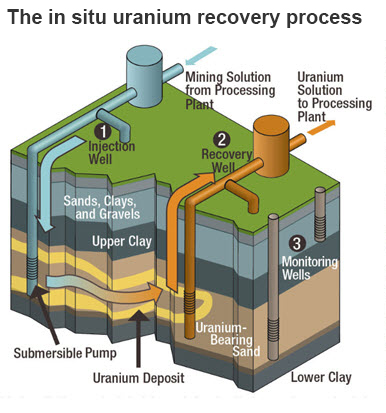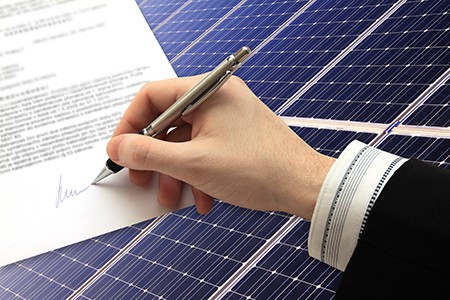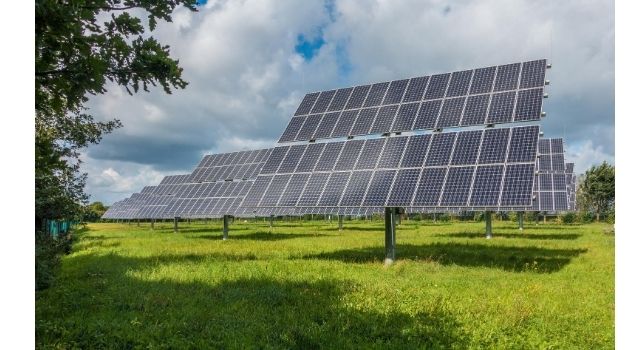
Solar panels are important because of their size. The panel's dimensions will affect its weight, intensity, and color. The size of your panels should match your roof. There are many companies that specialize on solar energy. A solar panel's dimensions may differ from one company to another.
Size
Solar panels vary in size from one manufacturer to another. Solar panels for residential use are typically 5.5 feet in length and 3 feet wide. Commercial solar panels, on the other hand, can reach over 6.5 feet in length and weigh up to fifty lbs. The size of a solar panel will also depend on its manufacturer. A larger panel produces more power than a smaller panel, so it may be more suitable to commercial buildings.
Residential solar panels have a 65-inch square shape, while commercial ones are larger and weigh more. Depending on the number of cells in a commercial panel, their size will differ. A typical home panel will consist of 60 cells. However, a commercial panel may contain up to 72 cells.

Weight
Solar panels' weights vary depending on their material or size. Most residential PV panels weigh between 40 and 35 pounds. However, larger commercial panels can weight up to 50 pounds. The panel's area is roughly 2.3 square feet. Average residential panel measures 65 by 39 inches. It weighs in at 40 pounds.
Solar panels are made up of panels of several different types, ranging in size from 100 to 200 watts. A solar panel is made up a combination of a matrix of solar cell placed between a back sheet of glass or EVA and an aluminum frame.
Intensity
The intensity of solar radiation is affected by the temperature. It has a large impact on the power obtained per square meter of a solar collector. You can also see how intensity changes with the seasons, days, and locations. It has important implications for designing solar collectors, buildings, HVAC systems, and more. The intensity of solar radiation may be determined by the climatic information found in climate databases.
Summer's sun's radiation is more intense and direct than in the winter. Therefore, solar panels produce more power during summer months. Winter is when solar panels don't work as well because the sun's ultraviolet rays are lower.

Color
Solar panels' color can make a big difference in the acceptance of a PV project. For example, Swiss homeowners prefer red solar panels to match the color of the tile. Jolissaint and colleagues claim that colored panels are beneficial for many reasons, including their low visibility.
For solar panels to be effective, it is important to choose the right color. The panel's reflectivity determines its ability to capture more photons and convert them into electricity. As a result, PV cells will produce less current and therefore, overall power production will decline. The color of the solar panels will affect how much loss there is. However, a darker color will have a lower impact on performance. An anti-reflection coating will reduce reflection and increase performance.